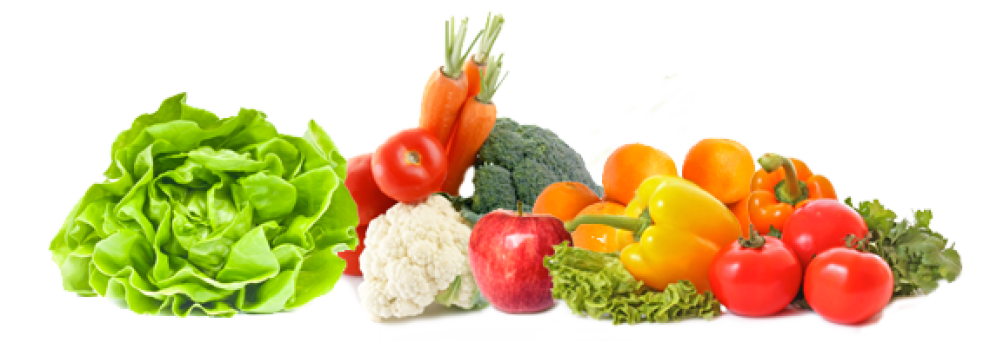Do you think you eat enough vegetables? Do you know how much is enough? When I was at school I did a dozen case studies. Clients were asked how many portions of vegetables they ate in a day. Usually the answer was yes, but when I looked at the food diary they filled out, not one of them actually ate what they thought they ate. Not only that but there wasn’t much variety to the vegetables they ate.
According to Canada’s Food Guide the recommendation is to eat seven servings of fruit and vegetables a day but they don’t say how much of each and they put equal weight on both the whole fruit and a glass of juice.
In the community of Holistic Nutritionists and Naturopaths it has been suggested that 60% of your plate should be vegetables and half of that should be leafy greens (the rest of the plate should be 20% whole gains and 20% should be protein and fat).
I think that we should eat up to ten portions of vegetables a day, I know, gasp! But they are full of nutrients, fibre and are delicious. I also think that it is preferable to eat the whole vegetable, as close to its natural source as possible to retain all that yummy goodness.
There are a whole lot of excellent reasons to eat vegetables. They provide a whole whack of nutrients that our bodies need and these nutrients not only keep us healthy but they can actually prevent many of the chronic diseases so prevalent in our culture, including heart disease and cancer. They are naturally low in sugar, sodium and calories. They also provide fibre, insoluble, which helps moves things along and soluble, which allows the food to empty out of the stomach slowly, so that the sugar in the foods is absorbed slowly, avoiding blood sugar spikes. Bottom line, the diets of the oldest living (and living well) communities in the world are largely plant based.
Other than eating vegetables raw, there are ways to cook vegetables to keep as much of the goodness as possible. Lightly steamed is awesome because it improves the availability of the nutrients (i.e. you actually get more of the nutrients). Roasting and baking are also good. Never overcook vegetables. Besides tasting nasty (remember those mushy brussels sprouts you ate as a kid?) but you will lose nutrients. Boiling your vegetables will leave most of the nutrients in the water, so unless you are making soup, steaming is superior to boiling. Certain vegetables are actually better for you cooked rather than raw (more on that when I talk about the specific vegetables). Generally half a cup of a starchy vegetable is one portion and one cup of leafy greens is a portion.
